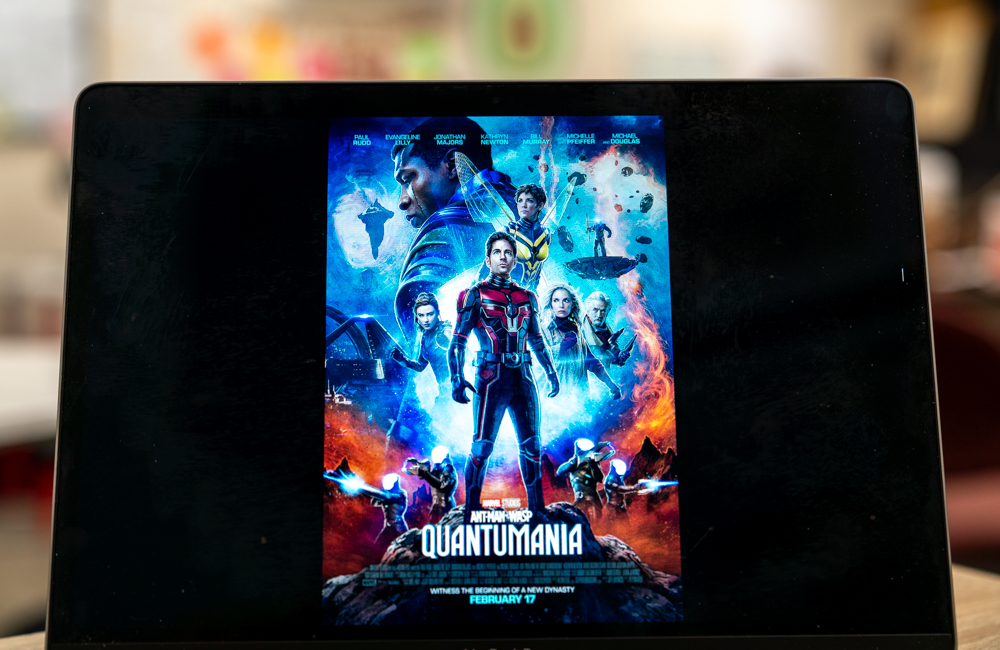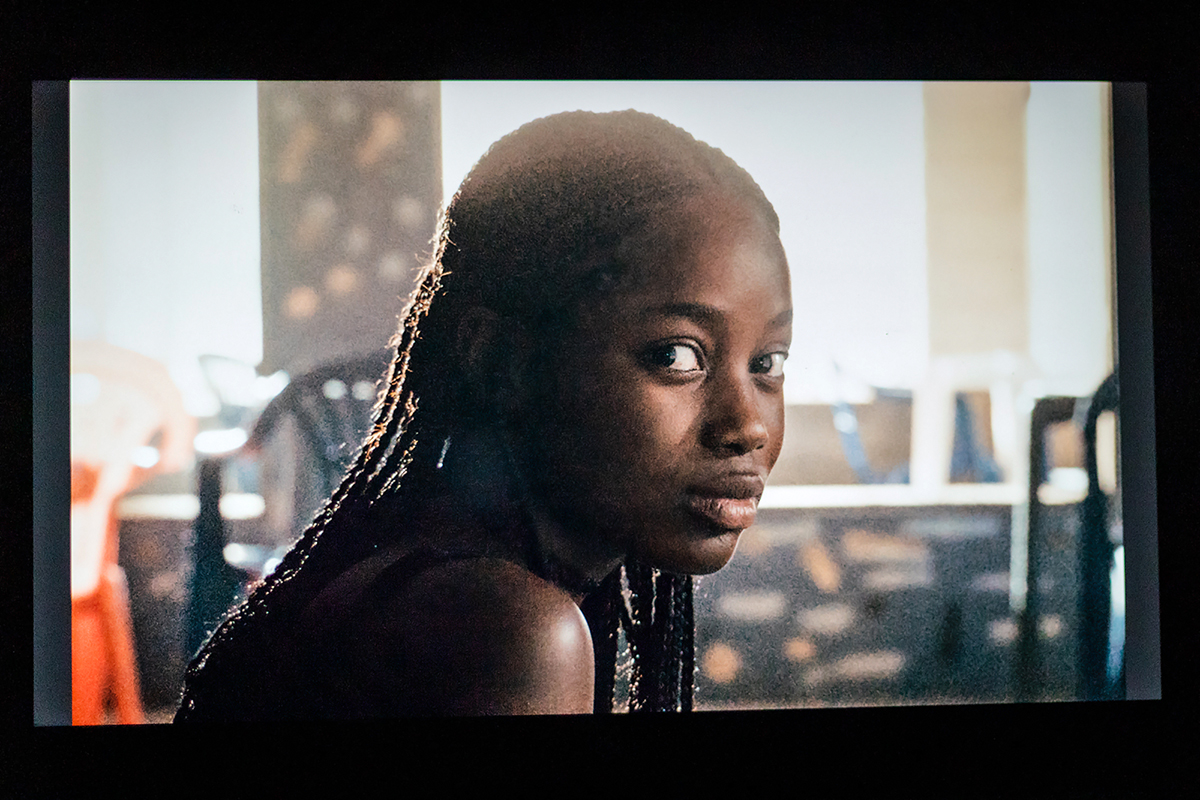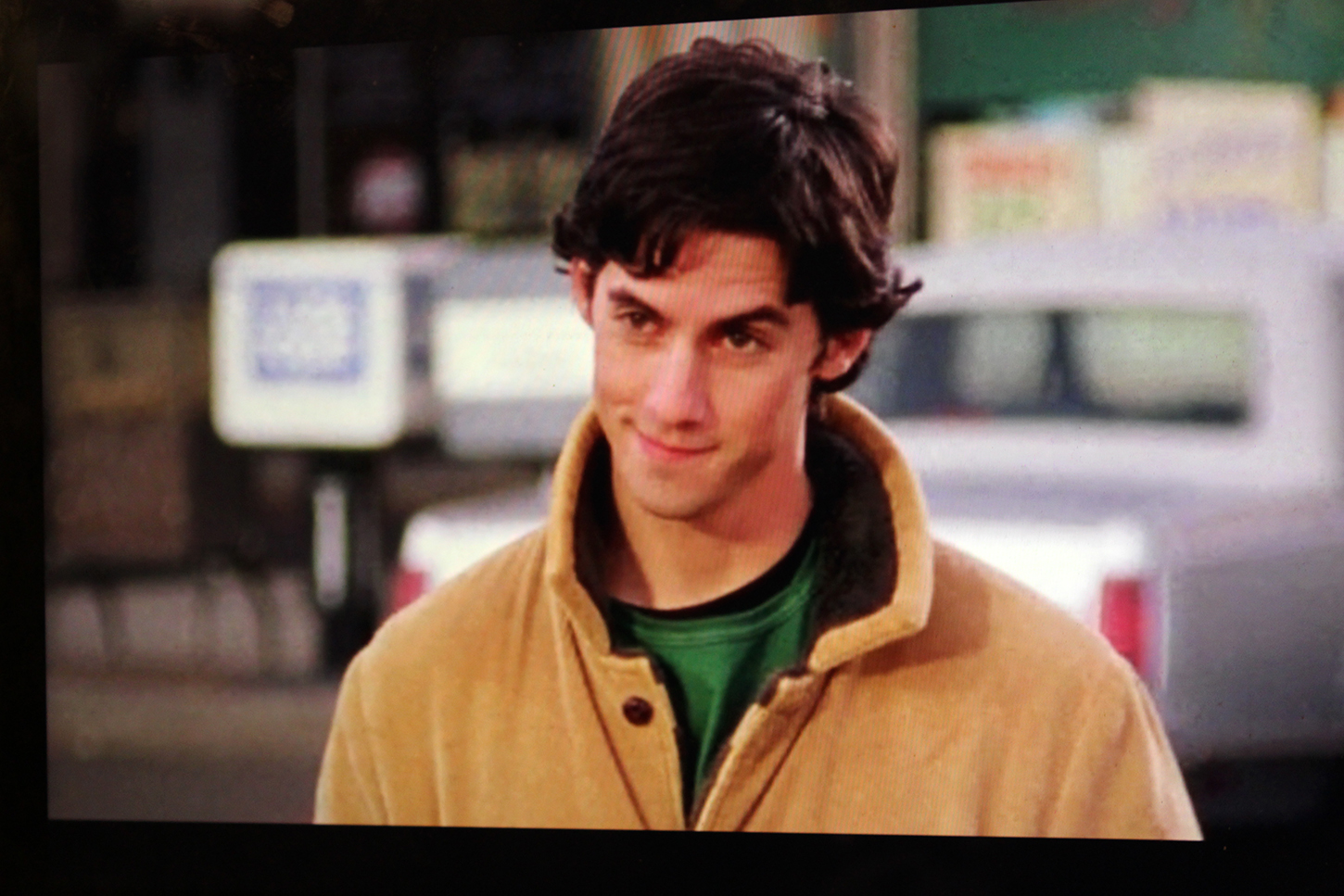Despite police protests and reports of violence in Ecuador, Boston University students studying abroad in Quito are staying safe, BU International Programs representatives said.
On Sept. 30, nine people were killed and more than 200 people were wounded including military, policemen and civilians in a raid in Quito, said Maria Antonieta de Zalles, resident director of the Ecuador study abroad program in an email.
Soldiers and supporters of President Rafael Correa raided a Quito hospital, where the president was being held by police who were upset about a new law cutting their pay.
The Universidad San Francisco de Quito, BU’s partner school in the Ecuador study abroad program, canceled classes and sent most of the student body home, except for the international students, de Zalles said.
The school believed it would be safer on campus than on the streets “trying to deal with conditions and dangers with which they are totally unfamiliar,” she said.
College of Arts and Sciences junior Kara Cremer, who was on the USFQ campus at the time of the raid, said she got information from one of her professors who was on the phone with her sister in central Quito.
“[My professor] told me all she could hear was screaming and gunshots,” Cremer said. “In certain parts of the city, the police were robbing citizens, breaking into cars, shooting off their guns and beating anyone who tried to capture it on camera.”
At about 2:30 p.m., USFQ deemed that conditions on the street safe enough to send the international students back to their home-stays, de Zalles said.
“It was eerie leaving the campus…there were looters in stores and people robbing banks because the police were not on duty,” Cremer said. “All the stores were closed as a result, and the streets were more or less empty.”
Melani Glassman, a CAS junior studying abroad in Guayaquil, Ecuador, said the riots reached her internship office as well.
“[There were] people running around in chaos, men jumping in the back of trucks and robbing everything, looting of the banks, screaming, cops burning tires in the road to block them off,” she said. “We were witnessing all of this right outside our internship. We set up mattresses and food to stay the night there, as leaving and going back to our houses was actually impossible.”
However, students and school officials said the chaos has decreased since the incident.
“Almost even more surprising is how quickly things returned to normal,” Cremer said. “By Sunday, I was back to my normal routine of waking up and going for a run in the park, which was filled with families and children playing soccer. It just goes to show that truly anything can happen in Ecuador.”
For now, students are not in danger, de Zalles said.
“The crisis subsided almost as quickly as it had erupted,” she wrote. “BU’s students and the rest of the civilian population are currently safe from any immediate threat.”
Joseph Finkhouse, BU’s institutional relations director, said although the state of emergency is extended until Friday, the program has not been required to implement an emergency plan.
“We do not anticipate that these events will have any impact at all on the rest of the semester, or next semester,” he said in an email.

























































































































